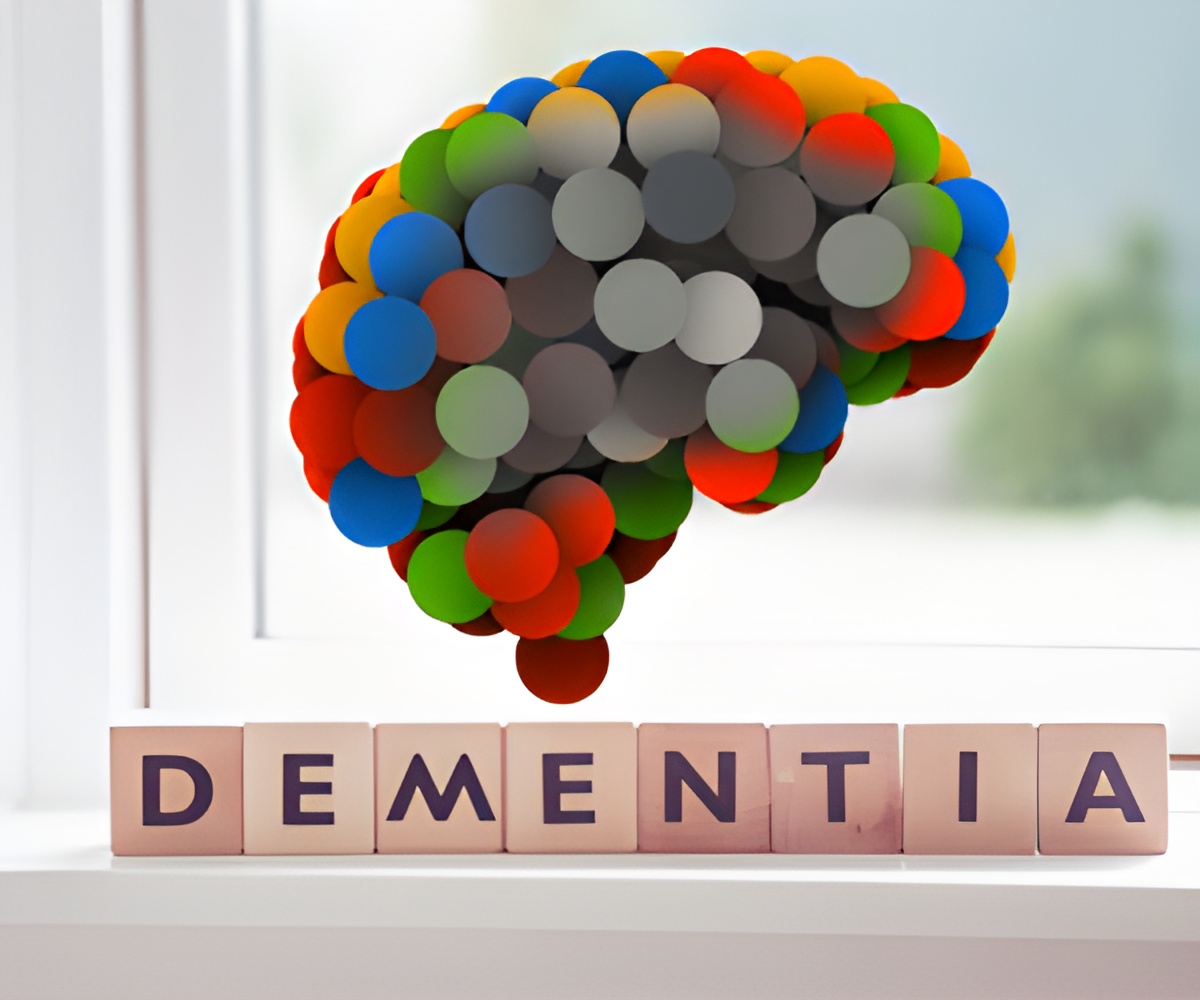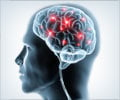The Brain Care Score is a tool to evaluate brain health and reduce the risk of brain disorders including dementia and stroke.

The predictive validity of a Brain Care Score for dementia and stroke: data from the UK Biobank cohort
Go to source).
Brain Assessment Made Easy with Brain Care Score
For the study, the scientists derived a baseline Brain Care Score (BCS) at the start of enrollment for 398,990 adults aged 40–69 years in the UK Biobank.‘Higher the Brain Care Score is, lower the risk of developing dementia and stroke in the future. #brainscore #dementia #stroke #neurology #brainhealth’





Physical components of the brain score relate to blood pressure, blood sugar, cholesterol, and body mass index. Lifestyle components include nutrition, alcohol consumption, smoking, aerobic activities, and sleep. Social-emotional components involve stress management, social relationships, and meaning in life.In the original BCS, scores range from 0–21, with a higher score indicating better brain care. Because the UK Biobank had collected nearly all, but not all, components of the BCS in its study design, scores in the UK Biobank ranged from 0-19.
During a median follow-up of 12.5 years, there were 5,354 new cases of dementia and 7,259 strokes among the 398,990 UK Biobank participants in the study. Investigators found that those with a higher BCS had a lower risk of developing dementia or stroke as they aged.
For example, each five-point positive difference in the BCS was associated with a 59% lower risk of developing dementia and a 48% lower risk of experiencing a stroke among adults younger than 50 years old at enrollment.
Similar estimates were found for participants aged 50–59 years (32% lower risk of dementia and 52% lower risk of stroke). Estimates for those older than 59 years (8% lower risk of dementia and 33% lower risk of stroke) were lower. The authors concluded that these lower estimates were because dementia in individuals in this age group can often be more slowly progressive. As a result, early dementia can often be missed until it progresses further.
Advertisement
“The components of the BCS include recommendations found in the American Heart Association’s Life’s Essential Eight for cardiovascular health, as well as many modifiable risk factors for common cancers. What’s good for the brain is good for the heart and the rest of the body.”
Advertisement
“We have every reason to believe that improving your BCS over time will substantially reduce your risk of ever having a stroke or developing dementia in the future,” says Rosand. “But as scientists, we always want to see proof.”
Reference:
- The predictive validity of a Brain Care Score for dementia and stroke: data from the UK Biobank cohort - (https://www.frontiersin.org/articles/10.3389/fneur.2023.1291020/full)















